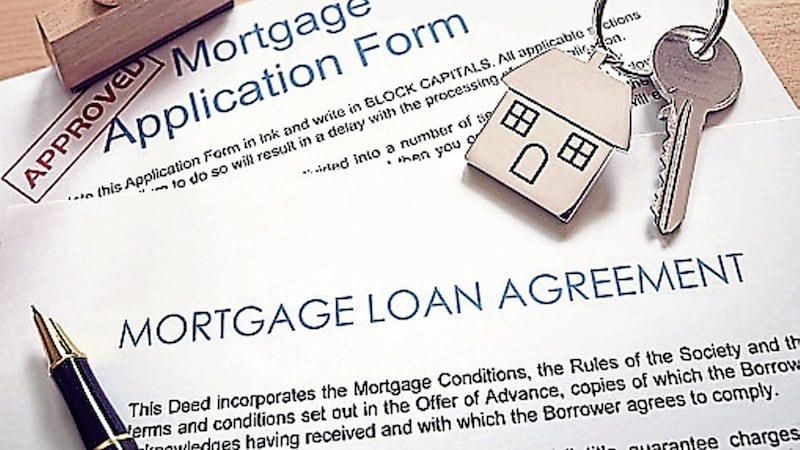PEOPLE have asked me what they'll do about their mortgages in the post-Brexit era. Well, we need to look at what affects house prices and mortgage rates, for you to decide on whether to fix or not fix your rate, to buy, or to wait.
Population trends (and demand), immigration, inflation, business confidence are some of the key factors, and you’ll know how Brexit could affect these either way.
One thing to watch for is the comments from Mark Carney of the Bank of England. On expectations of a smooth Brexit, he would need to step up the pace of interest rate rises to curb inflation.
However, two weeks beforehand he stated that in a disorderly or hard Brexit, rates might have to rise to curb inflation, and 35 per cent could be wiped off house prices.
I can see the point to a degree. A disorderly Brexit will batter sterling. Multiply the impact of last Thursday’s resignations which wiped sterling out by 1.6 per cent in a few hours. A weak sterling will mean higher inflation, as the UK is a net importer, and the cost of imports and parts increases.
The normal option open to the bank to curb its inflation is to raise rates. That, coupled with the early first few years impact of Brexit on the economy through instability, easily equates to falling house prices as mentioned above.
Remember the UK has said Brexit will have a 4.8 per cent hit to the economy on a free trade agreement, and a massive 7.7 per cent if forced into the no deal terms. No decent economist disagrees there will be a sharp fall in asset prices, consumer confidence and disruptions to production and services, and of course jobs.
An orderly Brexit should mean a supported sterling and pressure off inflation, a concoction that is benign to interest rates, but I can see that the short term instability, plus any bad news that comes out of the woodwork as Brexit unfolds, will be used by the market makers to batter sterling even more (equals higher rates).
If all goes to plan Brexit-wise, the government will need large investment into businesses to make it competitive. This is inflationary, and will be well above the Bank’s target, and as Chris Giles pointed out in the FT, would need six interest rate rises over the next three years to calm it.
Perhaps the better option (and we all need to leave out prejudices here, as cloudy vision and confirmation bias are a concoction that creates money loss) for mortgagees and homeowners, is not to proceed with such an ill thought through concept.
As a consequence, sterling would rise, inflation would fall and when it (inflation) returned it would be from an economy that breathed a sigh of relief, and where reinvestment would commence again having been on hold.
You mightn’t want to be in a FTSE tracker investment at the time of a Brexit U turn however, as the majority of those multinationals in the FTSE100 report their dollar earnings back into sterling, which, at a weakened exchange rate is a proper Brucy bonus. The reverse is a ‘look what you could’ve won moment).
From the beginning I’ve never seen any authoritative move to make this happen, and have believed from the beginning they would therefore never do it. Let’s see.
For your own budgeting and peace of mind in these times of incompetence and turbulence, five-year fixed rates have lowered over the last eighteen months to align closer to two-year rates.
The cheapest £185,000 two-year fixed rate mortgage today will cost £734.68 a month whereas a five year fixed rate is £774.26 a month.
Have a chat to your mortgage broker to see what the best options are.
:: Peter McGahan is chief executive of independent financial adviser Worldwide Financial Planning, which is authorised and regulated by the Financial Conduct Authority. If you would like a complementary mortgage comparison, call Darren McKeever on 028 6863 2692, email info@wwfp.net or visit www.wwfp.net







